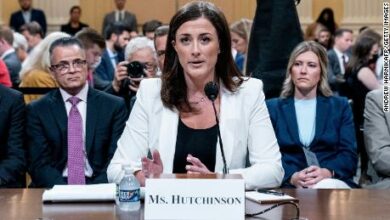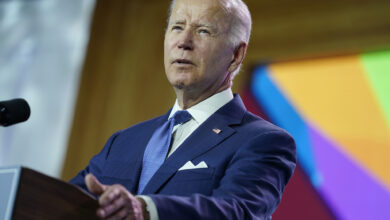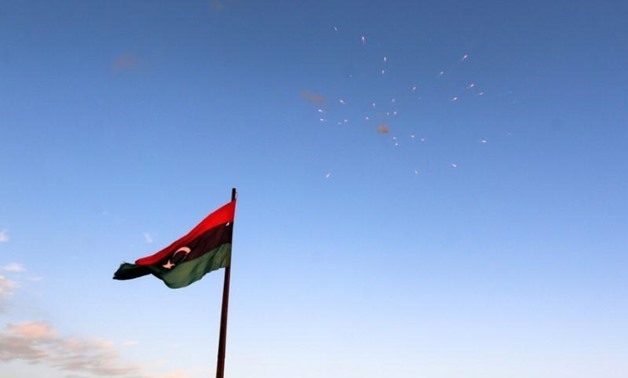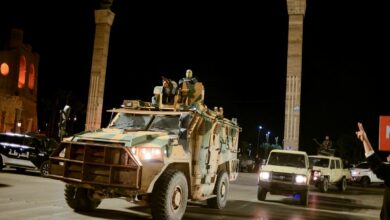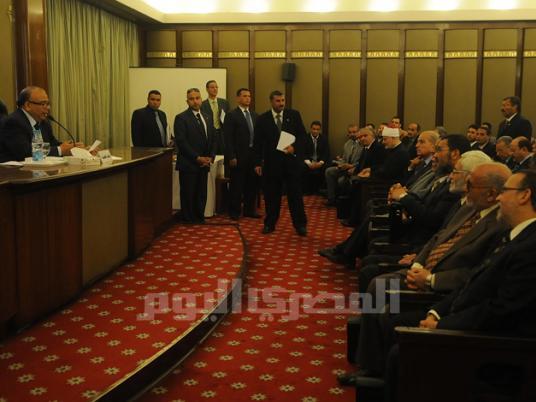
Meetings of the constituent assembly responsible for writing a new constitution will not be open to the press or public, according to a set of draft bylaws the assembly has released.
The draft, which will be put to a vote when the assembly convenes Wednesday, says all assembly sessions will take place behind closed doors. Assembly members will also decide on one of three proposals regarding how they will approve constitutional articles: a simple majority vote (requiring the vote approval of at least 51 members); a vote requiring 60 percent approval; or, if between 50 and 60 members vote in favor, an article would be re-discussed and a second vote taken that must win approval from 51 members.
Members who miss two consecutive or three non-consecutive sessions without permission or an acceptable excuse will be dismissed, according to the draft bylaws. If an assembly seat becomes empty for any reason a new member will be chosen from a back-up list, taking into account the outgoing member's affiliation or political party.
The draft bylaws also say assembly members will elect a head and two deputies, one each to represent its parliamentary and non-parliamentary halves.
A fixed weekly date is to be set for assembly meetings, and the assembly head is to declare the start and end of each meeting and announce the date and time for the next meeting. It also stipulates that the head of the assembly may call a meeting before the next scheduled one when necessary.
The draft stipulates that the assembly’s media committee alone will deal with press outlets and issue press statements. The assembly will be divided into a number of committees in accordance with its plan of action. Parliamentary clerks will be responsible for recording the minutes of each session.
Among the committees specified are a committee that will receive, sort and classify proposals; a committee that will review past Egyptian constitutions and foreign constitutional expertise; a technical committee to gather expert opinions; a committee charged with organizing community dialogue; and a committee tasked with preparing the first constitutional draft and deciding whether to use the 1971 Constitution as a structure for writing the new charter.
Assembly sessions will be deemed invalid if not attended by a majority of members, but any sessions that begin with the required number will be valid even if some members step out during the session, according to the draft.
Translated from Al-Masry Al-Youm

